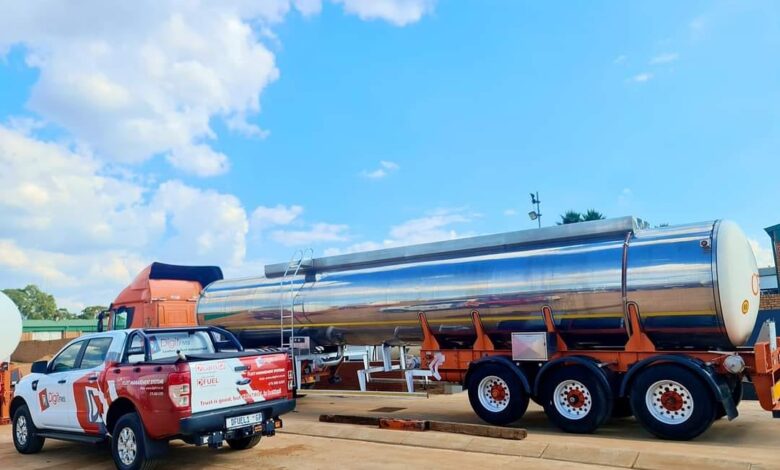Digit FMS Aims To Assist Companies In Keeping Their Fleet Of Vehicles Safe

Digit FMS Aims To Assist Companies In Keeping Their Fleet Of Vehicles Safe. Digit FMS has about than 10 years of knowledge in the fleet management market and more than 5 years in fuel monitoring. The company has created special products for special projects and have seen it all. When its client’s fuel dispensary is off site and they have no one to check levels instantly. The best is to get the Digit FMS fuel monitoring system that updates them every 4 minutes on fuel levels and only allows fuel to flow through the pump once the driver is identified.

With the mobile app clients can set a notification for when their vehicle moves. Clients have the power in their hands to immobilise their vehicle via SMS if it was hi-jacked or parked in a suspicious area. They can follow their fuel from delivery to their dispensary all the way to when the vehicle uses it.
When it comes to managing their company fuel bill there is no better way than to monitor the fuel levels live in each vehicle. Daily, weekly, monthly reports can be created at the push of a button. Even the company that needs something different, custom reports can be built in the software. Accidents can cost companies a lot of money in damages and hours wasted, especially when the accident is fatal. Having a camera on board has saved many companies from big lawsuits.
With this system installed Digit FMS’s clients know their fleet is save when it comes to having proof of what happened. Not only can it help with insurance claims but can help with investigations and lawsuits aimed at their company for negligence. Here they can see cab view, front road view and on both sides of the vehicle backwards. They also have a 360 deg view of this incident. Giving them all the information they need.




